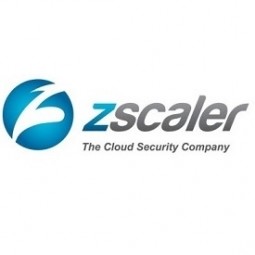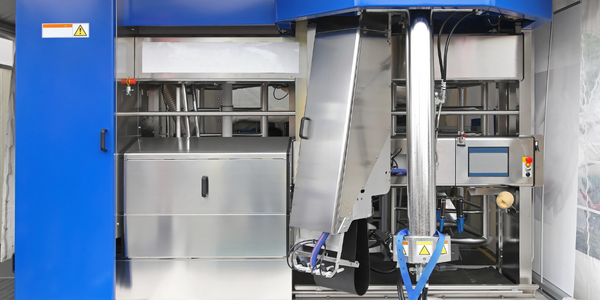Technology Category
- Cybersecurity & Privacy - Security Compliance
- Infrastructure as a Service (IaaS) - Private Cloud
Applicable Industries
- Agriculture
- National Security & Defense
Applicable Functions
- Quality Assurance
Use Cases
- Agriculture Disease & Pest Management
- Tamper Detection
About The Customer
The Agency for Restructuring and Modernisation of Agriculture (ARMA) is a government agency established in 1994 to support the development of agriculture and rural areas in Poland. As an accredited paying agency, ARMA processes applications, verifications, and other forms, as well as paying refunds for more than 2 million farmers and others in the agricultural industry throughout Poland. ARMA is considered one of the most innovative Polish government agencies, demonstrated by its quick response to the pandemic by leveraging bring-your-own-device (BYOD) policies and Zscaler to provide employees a secure way to work from home.
The Challenge
The Agency for Restructuring and Modernisation of Agriculture (ARMA) was established in 1994 to support the development of agriculture and rural areas in Poland. As an accredited paying agency, ARMA processes applications, verifications, and other forms, as well as paying refunds for more than 2 million farmers and others in the agricultural industry throughout Poland. ARMA was faced with the challenge of enabling its growing mobile and remote workforce to work securely and efficiently. The solution needed to provide a secure and stable connection to their applications when working away from the office. The challenge was further intensified by the global pandemic, which necessitated a quick shift to remote work for all employees.
The Solution
In response to the challenge, ARMA's CIO, Mariusz Głębocki, began exploring solutions to fit the needs of its growing mobile and remote workforce. After an impressive proof of concept, Głębocki selected Zscaler Private Access™ and Zscaler Internet Access™ to provide secure access when the 300 members of his IT team worked outside of the traditional office setting. When the global pandemic hit, ARMA quickly expanded its Zscaler deployment from the IT team to all 6,000 employees working remotely. The Zscaler cloud service gave ARMA the security it needed with the functionality it required, without having to invest in its security infrastructure.
Operational Impact
Quantitative Benefit

Case Study missing?
Start adding your own!
Register with your work email and create a new case study profile for your business.
Related Case Studies.
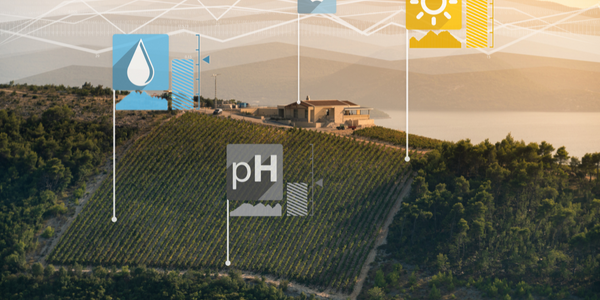
Case Study
Intelligent Farming with ThingWorx Analytics
Z Farms was facing three challenges: costly irrigation systems with water as a limited resource, narrow optimal ranges of soil moisture for growth with difficult maintenance and farm operators could not simply turn on irrigation systems like a faucet.
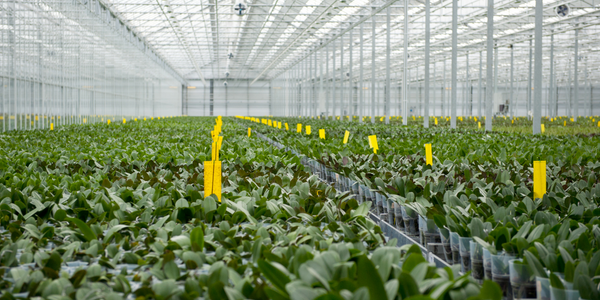
Case Study
Greenhouse Intelligent Monitoring and Control Solution
Farming Orchids is the most successful form of precision farming in Taiwan, and also the most exported flower. Orchids need a specific temperature and humidity conditions to grow and bloom, and its flowering time may not be in line with market demands, so the price collapses when there is overproduction. Therefore, some farmers began to import automated greenhouse control systems for breeding and forcing, which not only improves quality, but also effectively controls the production period and yield to ensure revenue. In 2012, an orchid farmer built a Forcing Greenhouse of about 200 pings (approximately 661 Square Meters) in Tainan, Taiwan. The system integrator adopted Advantech’s APAX-5000 series programmable automation controllers to build the control platform, coupled with Advantech WebAccess HMI/SCADA software, to achieve cloud monitoring. The staff of the orchid field can monitor important data anytime via smart phone, iPad, and other handheld devices, and control the growth and flowering conditions. System requirements: In the past, most environmental control systems of orchid greenhouses in Taiwan used PLCs (Programmable Logic Controller) with poorscalability and control, and could not be connected to the Internet formonitoring from the cloud. For advanced database analysis and networking capability, the PC platform must be adopted. Therefore, PAC Systems (Programmable Automation Controller) with both PLC programming capabilities andPC functions is a better choice.The environmental control of the Orchid greenhouse switches on and off devices like fan, shade net, cooling/heat pump, liquid flow control, water-cooling wall etc. It is controlled by a control panel of electric controllers, and is driven by a motor, to adjust the greenhouse temperature, humidity, and other environmental conditions to the set parameters.
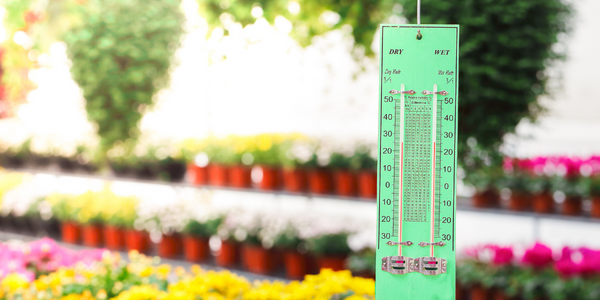
Case Study
Precision beekeeping with wireless temperature monitoring
Honeybees are insects of large economic value and provide a vital service to agriculture by pollinating a variety of crops. In addition, bees provide us with valuable products such as honey, beeswax, propolis, bee venom, etc. Monitoring of honeybee colony health, population, productivity, and environmental conditions affecting the colony health have always been exceedingly difficult tasks in apiculture. Research has shown that even small deviations (by more than 2°C) from the optimal temperatures have a significant influence on the development of the brood and the health of adult bees.
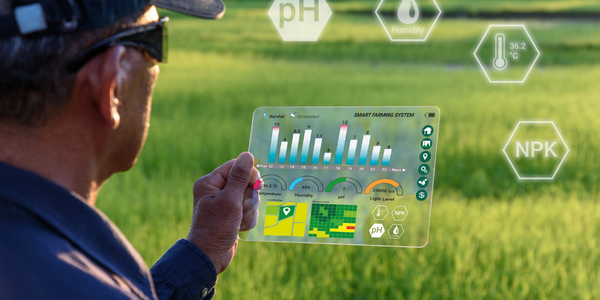
Case Study
Enabling Internet of Things Innovation in Agriculture
DigiBale, wanted to apply technology know-how and IP from implementations successfully to more agriculture sectors including cotton, forestry, sugarcane and cattle. However, farmers and growers still have worries about the connected technology.




